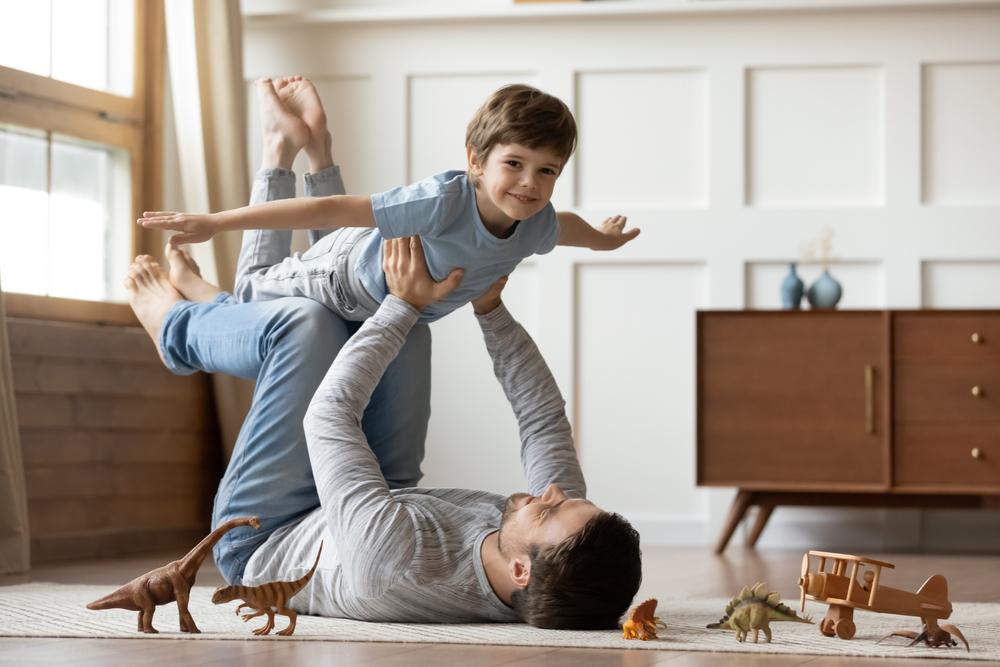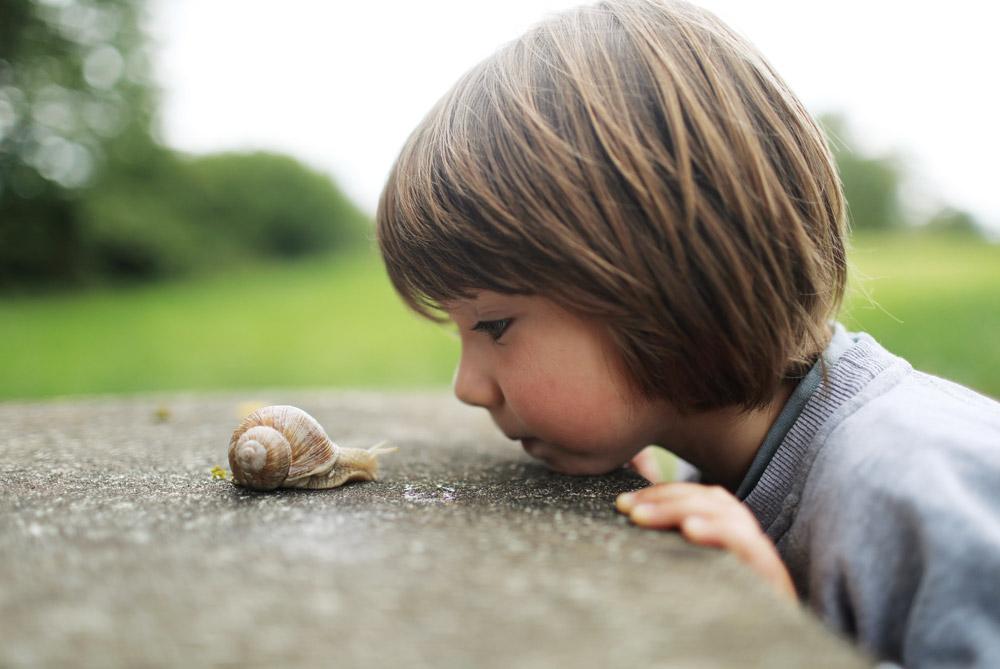I recently asked a friend what she had been up to and she answered, “Not much. I’ve just been playing with my kids.”
I asked her to restate her answer without “Not much” and without the word “just.” With a quizzical look, she obliged. I then asked her, “Didn’t that feel better?” She agreed that it did.





